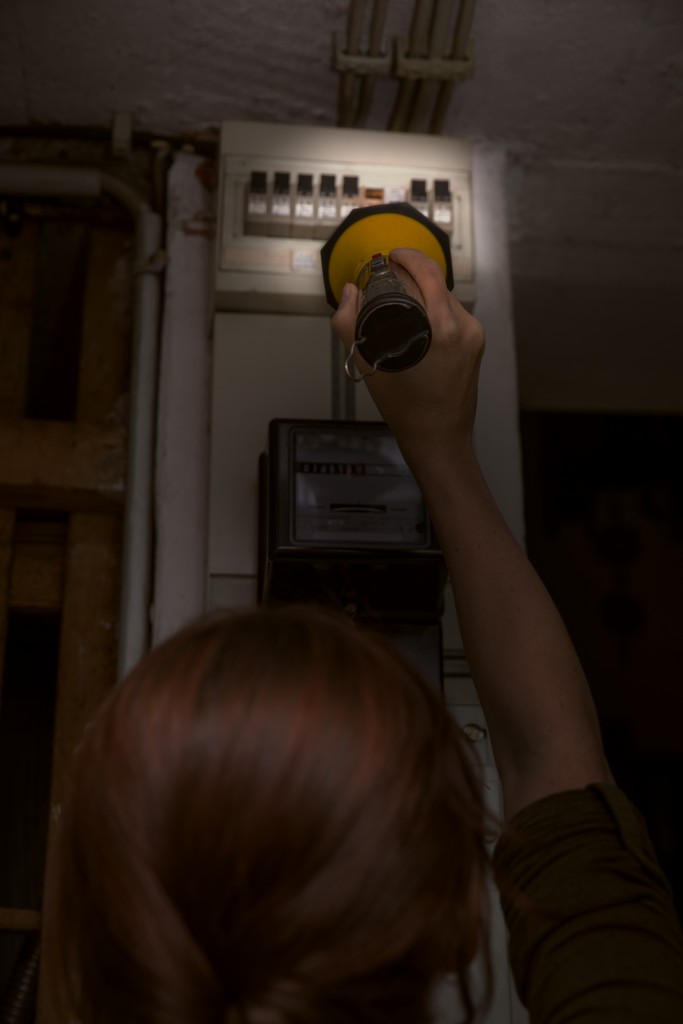Power outages have massive repercussions on businesses across various industries. Even an outage that lasts for just a few hours can cost thousands of dollars for businesses that rely on electricity to operate. While this also applies to the office sector where every moment of productivity counts, it’s also even more impactful in the manufacturing industry, where production can come to a complete halt. Although various things can cause a power outage, there are ways to ensure that you won’t have to endure loss-inducing stops.
Have regular system troubleshooting
One of the leading causes of power interruptions and failures stems from issues within the electrical system of a facility or structure. Having a frequency of these events and a higher risk of complete outages can be attributed to what is called “electricity insecurity.”
It means the business is more prone to further issues and interruptions because of voltage fluctuations and hardware failures. These can lead to dangerous situations that can harm workers and cause damage to vital equipment and property.
The best way to ensure that a system remains stable is by reaching out to a professional team to run troubleshooting to detect problems and repair them accordingly. A good example is commercial electricians in Salt Lake City, who offer full assessments and quick response to prevent big problems. By dealing with this efficiently, you can rule out system-caused interruptions.
Provide an uninterruptible power supply
Sometimes, because of human error, natural disasters, or emergencies, the power gets shut down without prior notice and leaves no time for preparation. That often leads to shorts, hardware failure, corrupted computer systems, and more.
An easy way to combat this is by installing uninterruptible power supplies (UPS) in core locations that would need to have a few minutes to shut down devices and equipment properly. The UPS provides power for a limited period, meaning you will still have to stop operations soon. But you can at least properly shut everything off, finish anything mid-production, and save crucial data.
Have a battery back-up for safety

Depending on what has caused the outage, it would be wise to have a battery back-up that can help continue powering your operations without risking the safety of workers. Whereas standard generators still need to be plugged in and can need fossil fuels to run, battery back-ups are more self-sufficient once they have been juiced up by the main supply.
The advantage of battery back-up systems also lies within their safeness to use and the amount of time they can stay up and running. With usually around eight hours of continuous power within them, this allows operations to continue until the main power can be restored. This is crucial when monitoring risks, especially in high-risk operations, like in hospitals and power plants.
Overall, these are just some of the best and most doable ways that businesses can make sure that power problems won’t cause significant ramifications in terms of both financial costs and the well-being of those in the direct area.




